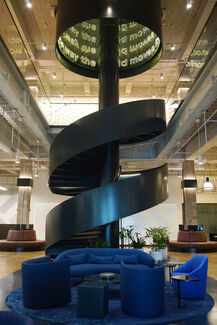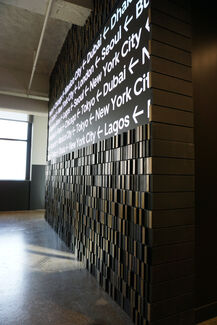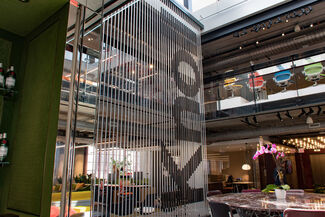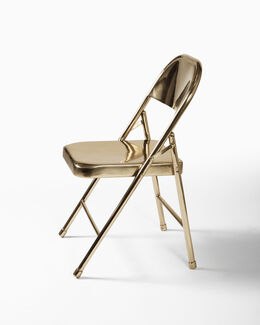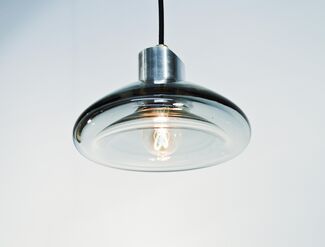
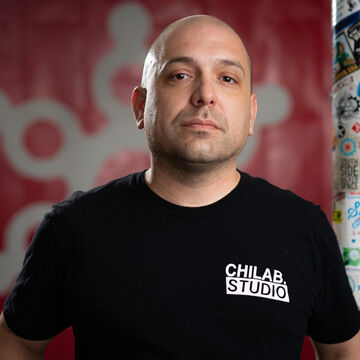
Ben Stagl
Lecturer
Contact
Bio
Ben Stagl (he/him) is an artist, designer, and co-owner of ChiLab Studio in Chicago. For the past two decades he has actively worked to produce original works that blur the boundaries between sculpture, architecture, and interior design. Stagl's projects have ranged in scale from the intimate to the civic, and are informed both by a rich education in classical traditions as well as a passion for advanced digital practices.
Awards: 2016 City of Chicago DCASE Individual Artist Grant, Chicago, IL; 2014 Best in Show—Modern Luxury Magazine; 2012 Propeller Grant: Chicago Torture Justice Memorials, IL. Publications: Interior Design Magazine, NewCity Magazine, Architect Magazine, Modern Luxury Magazine, The New York Times, The Chicago Sun Times, The Oregonian. Exhibitions: CHGO DSGN at the Chicago Cultural Center; WANTED Design; Tent London; Uber Freight at The Old Post Office.
Personal Statement
My work resides at the intersection of art, design, and fabrication, where the boundaries between sculpture, architecture, and interior design dissolve. With a foundation in artisanal crafts and a passion for advanced digital technologies, I approach each project as an exploration of materiality and form, considering how design shapes the environments we inhabit and the ways we engage with the world around us. Whether it’s an intimate object or a civic-scale installation, my goal is to create work that invites reflection and fosters meaningful interactions.
As an educator, I bring my firsthand experience working in the design and manufacturing industry to the plate and share what I have learned about the process of making. I encourage my students to embrace the iterative nature of design, where experimentation and refinement lead to unexpected innovation. I aim to cultivate curiosity and critical thinking, challenging students to consider the cultural, environmental, and social contexts of their work while helping them find their individual voice.
Ultimately, whether in my practice or teaching, I believe design is more than making—it’s a way of thinking, questioning, and connecting. I see my role as both guide and collaborator, creating space for thoughtful exploration and the development of work that is as intentional as it is inspired.
